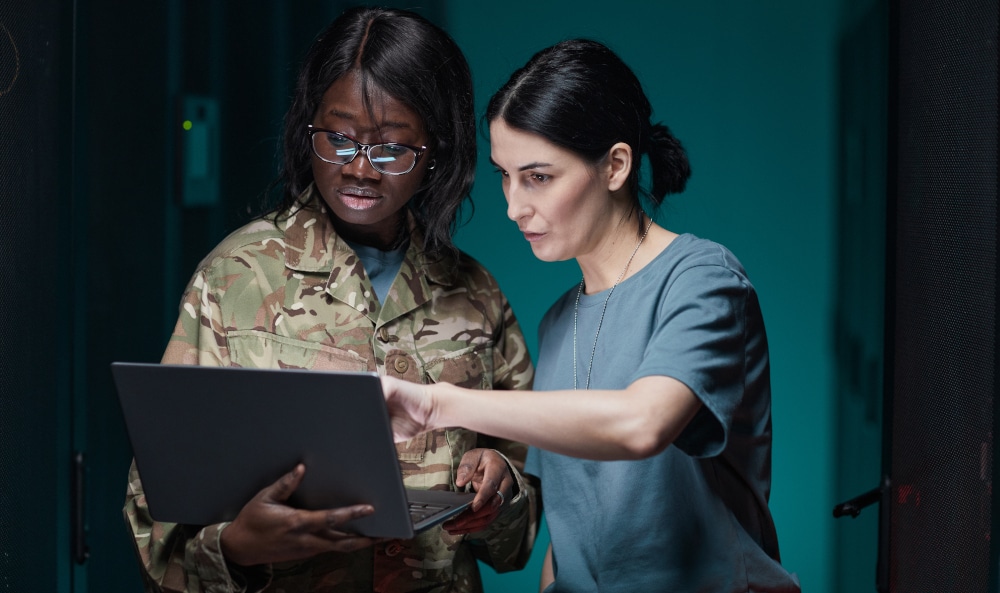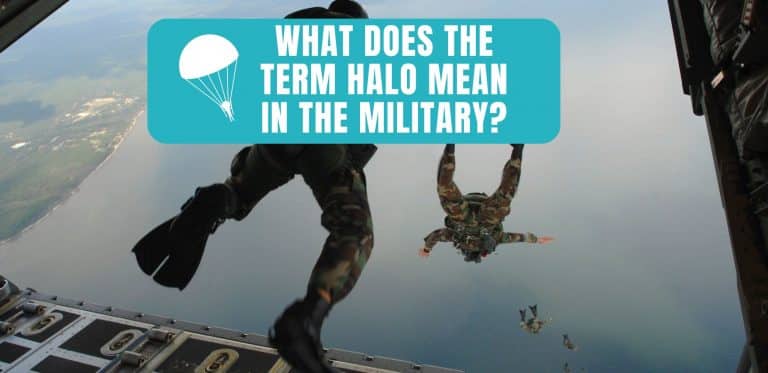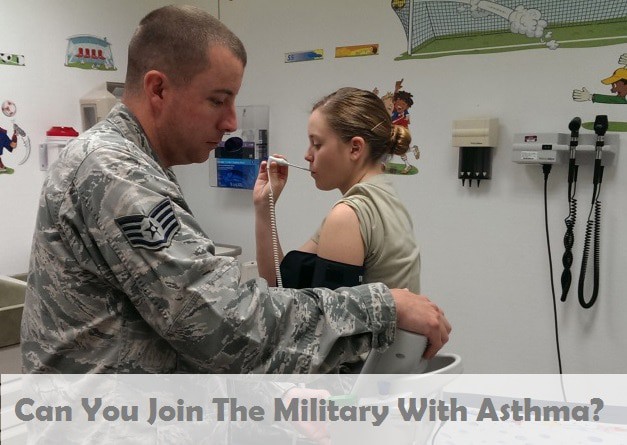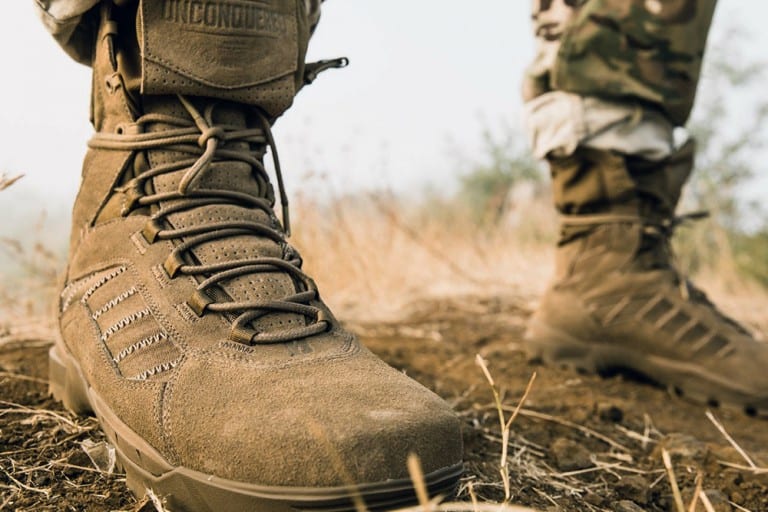What Does POG Mean In the Military?
Important Note: When you buy through our links, we may earn a commission. As an Amazon Associate we earn from qualifying purchases. Content, pricing, offers and availability are subject to change at any time - more info.
POG stands for “person other than grunt” or “personnel other than grunt” and refers to anyone in the military not physically involved in combat. Many consider POG to be a mildly derogatory term. However, it’s typically only used to poke fun and is not intended to be disrespectful. After all, POGs are crucial.
- What Is a POG?
- Where Did the Term Grunt Come From?
- Where Did POG Begin?
- What Did POG Mean In the Past?
- What Does POG Mean Current Day?
- Is It a Slur or a Bad Thing?
- Common Misconceptions About POGs
- Does Being a POG Have Benefits?
- What Are Other Related Military Sayings?
What Is a POG?
POG means “person other than grunt.” POGs make up the majority of the military and are anyone not actively involved in physical combat. “Grunts” are infantry soldiers. Grunts are those on the ground engaging in close-up combat with the enemy. POGs are all other members of the military.
POGs are responsible for supporting the infantry. These units provide food, ammunition, transportation, intel, air support, and much more. Example positions include food service specialists, maintenance men, administrative workers, or supply/logistics workers. These are the individuals behind the scenes making sure the infantry is set up for success
Oftentimes, POG is thought of as a slur or bad word. However, these individuals are key members of the larger team. They are crucial to keeping the military running efficiently.

Where Did the Term Grunt Come From?
The term “grunt” arose during World War II. POGs invented the term and initially used it to refer to those called in to replace those lost on the battlefield. In other words, grunts were used to compensate for casualties at war. If members were lost on the battlefield, they would be replaced with grunts. “Grunt” was meant to stand for “General Replacement Unit Not Trained.”
In the Vietnam War, “grunt” was not just a nickname, but a note of status. Grunts were considered high up in the hierarchy, throwing themselves into combat and facing a high level of risk. These were the individuals jumping out of planes, running directly right into the line of fire, and taking other life-threatening risks. Grunts were no longer untrained replacements, but all members of the military involved in combat.
Where Did POG Begin?
POG stems from the Gaelic term “pogue,” which means kiss. The term supposedly emerged during the American Civil war from Navy soldiers of Irish descent. When the soldiers left shore, they were bitter that some never had to venture out to sea. As grunts, they felt they were doing the real work by going directly into the fight, while others stayed behind. The grunt soldiers felt the others were able to stay home and receive kisses from all of the women at home, so they called them “pogues.”

During the Vietnam era, POG was used as an insult and had a negative connotation. After the Navy soldiers coined the term, it was picked up by the Marines and the Army. Before long, POG became a well-known term in all branches of the military. Over time, members of the military shortened “pogues” to the acronym “POGs.”
What Did POG Mean In the Past?
POG referred to anyone in the Navy that didn’t leave the shore. In the Army and Marines, it referred to anyone not involved in combat. POG hasn’t ever been used a lot in the Air Force, because most members of the Air Force are POGs. Pilots and special operators are the only ones considered grunts.
POG was used negatively to make fun of individuals that were seen as less important in the military. While this couldn’t be further than the truth, it was a common insult.
What Does POG Mean Current Day?
Today, POG refers to all non-combat MOS units. MOS is a military term that stands for “military occupational specialty.” POGs are non-combat MOS staff, rear-echelon, and support units.
Today, POG may be used to tease someone, but it’s usually not meant with any disrespect. The term is used more lightly and usually laughed off by POGs and grunts alike. It is even the inspiration for many cartoons, memes, drawings, and other comical pieces of art. Military blogs and websites will poke fun at POGs, comparing their daily activities and risk to those of grunts.
Even with the vast differences between POG and grunt roles, both are seen as highly respectable and necessary positions.
Is It a Slur or a Bad Thing?
With a negative history surrounding the word POG, you may wonder if it’s a slur or an overall bad word to use. In short, it can be seen as an insult, but it’s really not used that way anymore.
POGs are recognized as important members of the military and appreciated by the infantry. If someone is using the term as an insult, they don’t understand the huge impact that POGs have on the well-being of infantry members and the military as a whole.
Those in military leadership positions don’t enjoy the word, especially those that are POGs. Because of how it has been used in the past, the term isn’t always received positively, even when it’s not used with ill intent.
Common Misconceptions About POGs
There are several misconceptions about POGs, especially if you’re not in the military and only know of POG as an insult. Here are some falsehoods about POGs:
- POGs aren’t as important as grunts
- POGs are disliked by other members of the military
- POGs don’t work hard
- It’s not worth it to be a POG
- POGs don’t deserve respect
POGs play an important role in supporting the infantry and should be proud of their contributions. They work hard in their own way and can still experience a variety of benefits from serving as a non-combat member of the military.
Does Being a POG Have Benefits?

There are several benefits to being a POG. Read on to see what non-combat positions have to offer.
1. You’re Still a Member of the Military
Even though they’re not out on the battlefield, POGs are still part of the military. They have access to the same pay, bonuses, and benefits, even though they’re not in the middle of the fight. The military has a strong team dynamic. Without POGs, it’s not a complete team.
2. More Potential For Promotion and Awards
POGs often work closely with those in leadership positions. As a result, they have a great chance of promotion. Instead of relying on supervisors and others to relay their skills and potential, they can demonstrate it to leadership themselves. This also allows them to receive awards and recognition very quickly.
In contrast, infantry members demonstrate their success to their squad sergeant. The sergeant has to share what they see up through the chain of command and convince them that the infantry member is deserving of a promotion or award. This can make it more difficult to earn recognition. It can also make it take much longer for an infantry member to receive a promotion or award.
3. Less Risk
POGs usually face less risk than grunts. Because they’re not directly on the battlefield, they are less susceptible to injury and death. However, POGs aren’t completely safe. They are responsible for providing support to the grunts, so they can be close by during battle.
4. Better Living Conditions
Compared to grunts, POGs often have better living conditions. Because they are not on the ground, they can enjoy more comfort at the base. They can enjoy access to heat, air conditioning, internet, and other luxuries. Grunts will have more rugged living conditions when they are at a combat outpost. They have the bare necessities and often have to deal with cramped, uncomfortable quarters.
5. Less Pressure
POGs face less pressure than grunts to physically perform. Grunts are challenged with many physical feats and need to prove themselves with strength and endurance. POGs, on the other hand, don’t need to perform like this. They often experience less pressure while still making huge contributions to the larger team. They do, however, need to meet certain qualifying standards.
6. Useful Training and Skill Building
One of the biggest benefits of being a POG is the training and skill set they can build. These skills are great for advancing within the military and succeeding outside of the military. Paperwork is a task often scoffed at, but it’s an important skill to have for many civilian employment positions.
Grunts can grow immensely through their time in the military. However, many of their skills aren’t transferable to civilian jobs, putting them at a slight disadvantage when it comes to transferable skills.
What Are Other Related Military Sayings?
POG is one of many, many military sayings and acronyms. There are various others that are well-known and used frequently by all branches. Keep reading to acquaint yourself with some terms related to POG.
- MOS: As mentioned before, MOS is a military acronym that stands for “military occupational specialty.” In other words, it’s whatever job position someone holds within the military.
- Boot: “Boot” is another term you will hear quite a bit in the military. A boot is an individual that is new and fresh out of boot camp.
- WOG: “WOG” is often used synonymously with POG. It stands for “without guns,” but is often used to mean “without guts” when used as an insult.
- Pogey-bait: The term “pogey-bait” teases the word “pogue” and refers to bribing a POG for expedited or special services.
- Shoe clerks: “Shoe clerks” is usually used negatively to refer to people that follow all of the rules and regulations, no matter how small and inconsequential they are.
- RAG: “RAG” is often used to replace “grunt” and stands for “real-action guy.” RAGs are those who are on the battlefield.
- FAG: “FAG” stands for “former-action guy” and refers to individuals that used to be in the infantry but aren’t anymore.
- NAG: “NAG” stands for “non-action guy.” NAGs are POGs within the Special Operations division.
- REMF: “REMF” is used in the same way as “POG” and stands for “rear echelon mother f*****s.” The more abrasive term was used frequently throughout World War II. They may also say “rear with the gear,” to refer to those who are at the back carrying equipment but not actually fighting.
These are just some of the terms like “POG” that the military uses. There are hundreds of others, some of which are unique to the specific branches. “POG” is one that is used universally. Though it has been insulting in the past, POGs are typically treated with respect and appreciation today.






